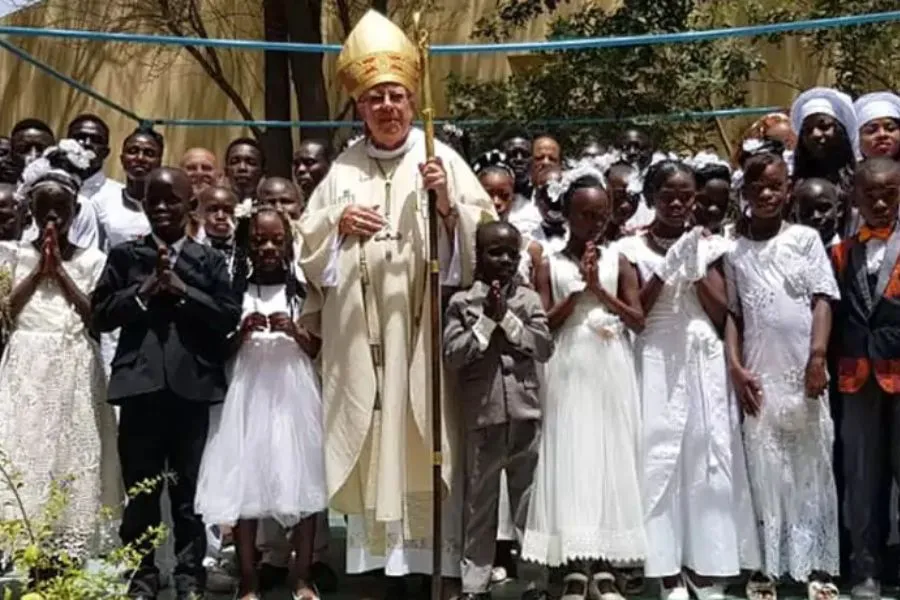Nouakchott, 07 October, 2023 / 8:50 pm (ACI Africa).
Though small in numbers, the Catholic Church in the Northwestern African nation of Mauritania has carved out a space for itself in serving all, including non-Catholics.
In one of Africa’s poorest countries, which is nearly 100 percent Muslim, the Catholic Church has distinguished itself for providing support to the vulnerable, including migrants, young mothers, and children born with disabilities.
According to Bishop Martin Albert Happe of Nouakchott, the only Catholic Diocese in Mauritania, the Church serves everyone regardless of their religious background “to show that God loves all”.
“We Catholics are there for everyone,” Bishop Happe says in a Wednesday, October 4 report by Catholic Pontifical and charity foundation, Aid to the Church in Need (ACN) International.
In an attempt to describe the Northwestern African country’s tiny Catholic population, Bishop Happe says, “Only God knows how many Catholics there are in Mauritania,” and adds that the number of Catholic Christians who attended church services or had their children baptized was “no greater than in a parish in Western Europe.”








